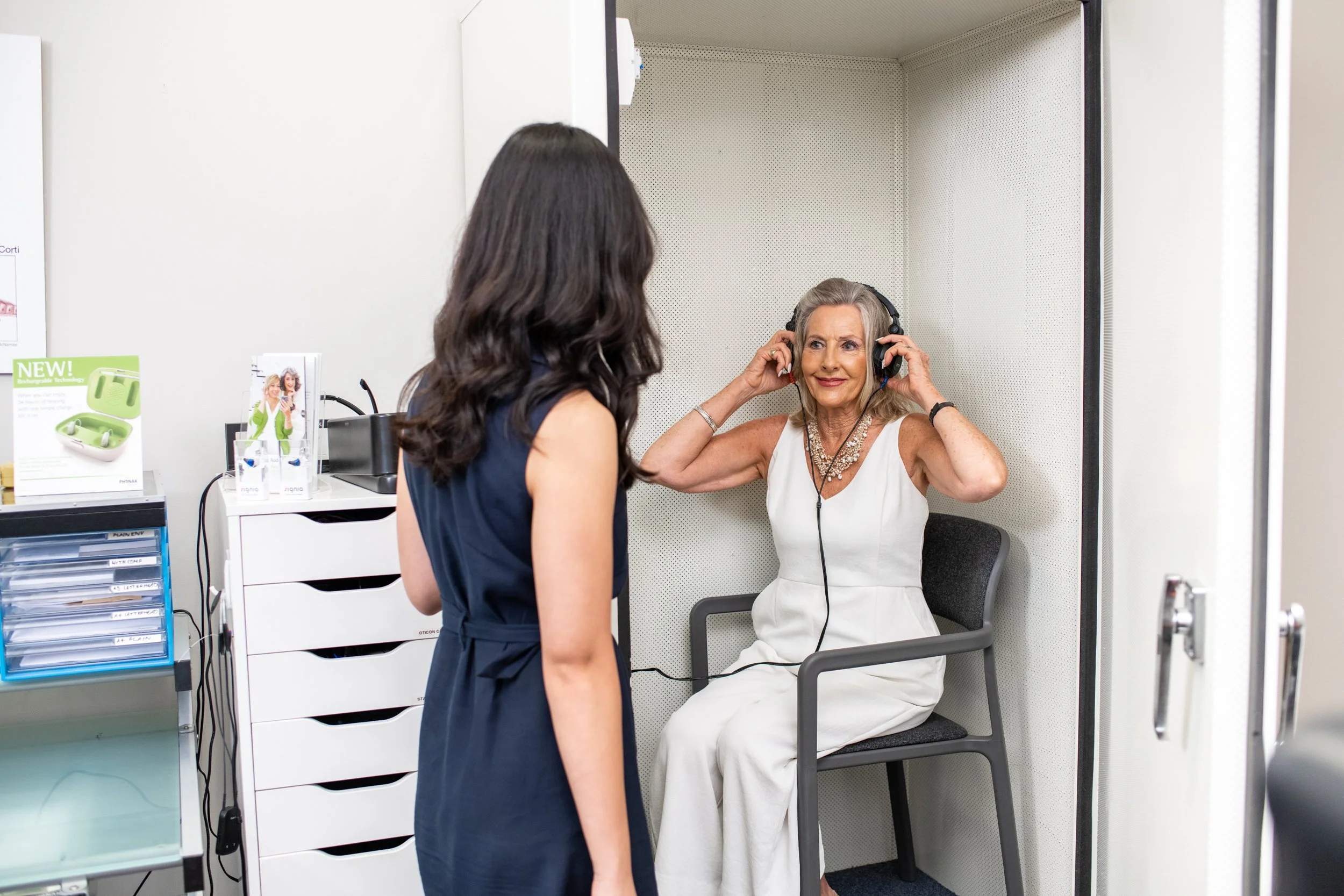Hearing Better to Think Better: The Benefits of Addressing Hearing Health
As research on the connection between hearing loss and dementia unfolds, it's clear that understanding this link is complex and often misinterpreted. While some studies have suggested a connection, experts caution that the relationship between hearing loss and cognitive decline is still not fully understood. Instead of focusing on hearing loss as a potential risk factor for dementia, a more constructive approach is to emphasise the immediate cognitive and quality-of-life benefits of addressing hearing health. A simple, empowering message could be: “Hearing better can help you think better.”
Many people may not realise the mental strain that untreated hearing loss can place on everyday thinking. When someone has hearing loss, understanding conversations requires more effort, diverting mental resources from other important cognitive functions. This phenomenon, known as “effortful listening,” can make social interactions more tiring and leave people feeling mentally fatigued. Over time, this extra cognitive load may affect other areas of mental function. Addressing hearing loss can help relieve this strain, making conversations easier and freeing up cognitive energy for other tasks.
Improved hearing can also play a significant role in combating social isolation, a factor known to influence cognitive health. Hearing loss can make it difficult to participate in conversations, especially in social settings or noisy environments, which can lead to reduced social interaction and withdrawal. This social isolation, in turn, may contribute to declines in mood and mental sharpness. By using hearing aids or other assistive devices, individuals can stay more engaged and connected, preserving their mental well-being and fostering an active social life. Feeling connected and understood boosts emotional health, which supports cognitive resilience.
Moreover, there’s an important role in reducing the stigma around hearing aids and other assistive hearing devices. Many people avoid seeking help for hearing loss due to outdated notions associating hearing aids with aging. Yet, modern hearing devices are discreet, effective, and increasingly embraced by people of all ages. By framing hearing health as a pathway to sharper thinking and overall wellness, we can encourage people to see hearing aids as tools for enhancing their lives, not just as a response to aging.
Looking ahead, scientists are investigating whether treating hearing loss could have further cognitive benefits. Some studies suggest that hearing aids or cochlear implants might help individuals manage cognitive challenges, regardless of whether they are at risk for dementia. While more research is needed, improving hearing clearly benefits cognitive function for those who experience hearing-related mental strain.
Instead of focusing on uncertain risks, let’s promote the positive impact of taking action. Addressing hearing loss helps people enjoy life more fully, with fewer misunderstandings and more enriching conversations. It’s not only about reducing potential health risks; it’s about improving everyday quality of life and mental clarity. The message is simple and constructive: “Hearing better can help you think better.” By prioritising hearing health, we create an opportunity for clearer thinking, stronger connections, and a more fulfilling life at any age.
Steps You Can Take
Taking care of your hearing health is essential at any age, but it becomes even more critical as you get older. Here are some steps you can take to protect your hearing and potentially reduce your risk of dementia:
Regular Hearing Tests: Just like regular check-ups for your eyes or teeth, your hearing should be tested regularly, especially as you age.
Use Hearing Protection: If you’re exposed to loud noises regularly, make sure to use ear protection to prevent noise-induced hearing loss.
Seek Treatment Early: If you notice any signs of hearing loss, such as difficulty understanding conversations, especially in noisy environments, seek medical advice early.
Stay Socially Active: Engaging in social activities can help maintain cognitive function. Don’t let hearing loss keep you from interacting with friends and family.
Conclusion
Hearing impairment is more than just an inconvenience—it’s a significant factor that could increase your risk of developing dementia. By being proactive about your hearing health, you can help protect your cognitive abilities and improve your quality of life as you age. Remember, it’s never too late to act, so make hearing health a priority today.
Come and meet our team!
Book an appointment with us or drop by one of our clinics in the Sutherland Shire!
Cronulla
02 9544 4466
Engadine
02 9520 4774
References:
Blustein, J., Weinstein, B. E., & Chodosh, J. (2023). It is time to change our message about hearing loss and dementia. Journal of the American Geriatrics Society, 71(4), 1-4. https://doi.org/10.1111/jgs.18323


